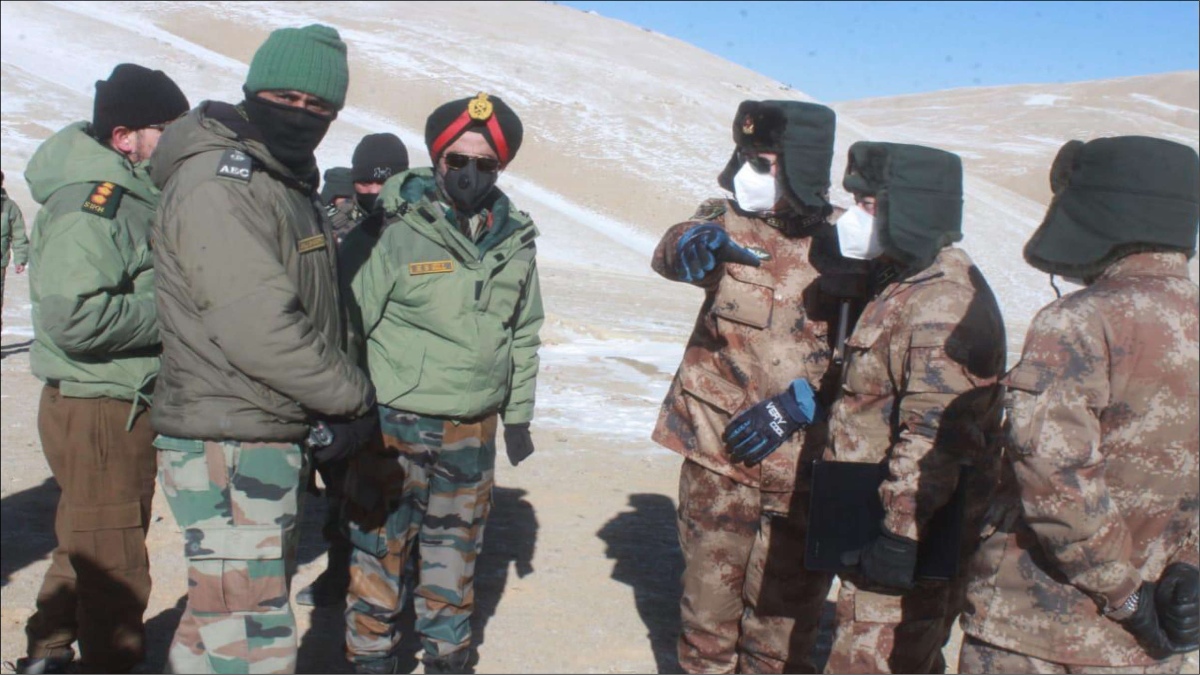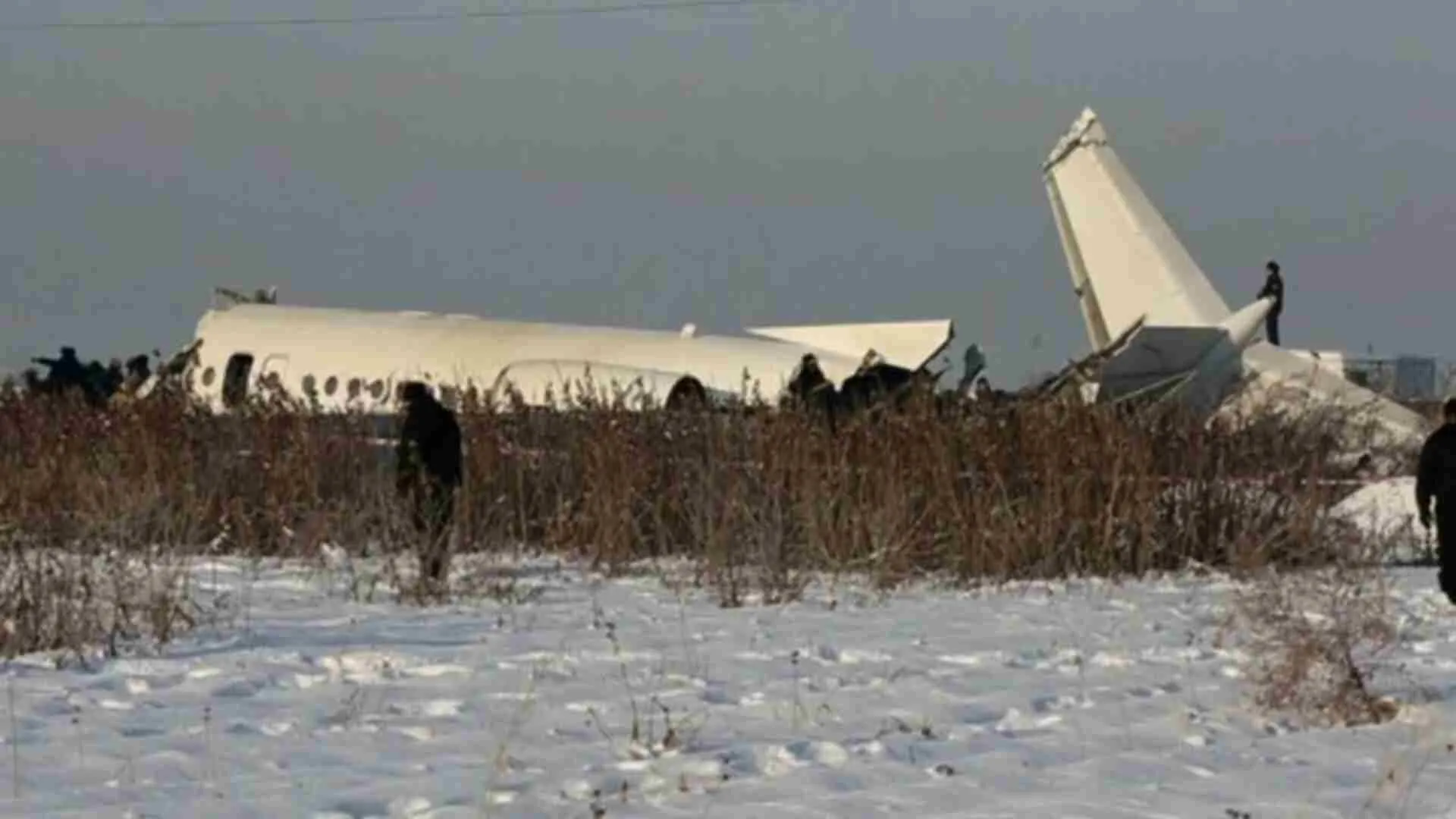The Global Times has reported that the “Chinese and Indian border troops on the southern and northern shores of Pangong Lake began disengagement as planned on Wednesday according to the consensus reached during the ninth round of military commander-level talks, citing their Defense Ministry.” The news, if correct, will prove mutually beneficial for the two countries. Given the current economic and security challenges that the country is facing due to the ongoing pandemic, which is still persisting with new strains of the virus surfacing periodically, and the volatile geopolitical situation at the regional and global levels, India needs time to get its economy back on track and assess the shape of strategic alignments which are likely to take place in the world. The impact of the change in the US presidency, the emerging power equation in the Islamic world with the three major power centres, represented by Turkey, Saudi Arabia and Iran, trying to assert themselves for leadership, and the EU’s uncertain stand due to Brexit and divergence of views with the US over trade relations with China demand a studied approach by India, especially as it is also a temporary member of the UNSC.


India also needs to watch the turn of events in its neighbourhood carefully, with Myanmar under turmoil due to a military coup, Sri Lanka cancelling the contract to develop its East Colombo Port Terminal, Afghanistan in a state of uncertainty, and a highly volatile internal situation in Nepal. In summary, the decision which was reported by many news agencies to disengage from the current friction points in Ladakh, presumably agreed upon during the ninth round of the China-India Corps Commander Level meeting held on the Chinese side of the Moldo-Chushul border meeting point on January 24, will provide the country a much needed strategic space and focus on the wellbeing of the country.
The Chinese side agreeing to the unconditional disengagement may be attributed to the steadfast and unblinking approach of the Indian Armed Forces, the valour and grit of the Indian troops on the ground, the impact of the rigours of the weather and terrain under which the troops of the two sides had been operating and the whole-hearted support by the Government of India in providing the necessary wherewithal to our troops to operate in such difficult conditions. Also, it goes without saying, the Chinese troops were not accustomed to either operating in such conditions for sustained periods or seeing active combat, unlike the Indian troops who have an experience of over five decades, constantly operating under such terrain and weather conditions in warlike situations. Further, in order to support the military effort, the government reacted swiftly in providing the necessary funding when faced with the situation in Ladakh. It granted emergency powers to the Armed Forces wherein the Indian Armed Forces could procure any weapon system below Rs 500 crores. PM Modi also removed the cap on expenditure on defence following the Ladakh crisis. The 2020-21 Budget had earmarked Rs. 1.13 lakh crores for defence but due to the removal of the cap, the likely expenditure for the current year is likely to be Rs. 1.34 lakh crores. While the prompt action by the Government of India is highly commendable, an important lesson for the future is that we should constantly improve our military capability to avoid a knee jerk episodic defence budget allocation. For this, the long term perspective plans of the defence forces must be adequately supported. The recommendation to resort to non-lapsable funding of defence capital expenditure must be implemented from the current year itself. We must remain cognizant of the fact that a robust hard power capability is the guarantor of peace and stability, which in turn is a mandatory condition for the economic development of the country.
While the thaw in the bilateral security situation is a welcome development, and mutually beneficial to both countries, it should not lull us into complacency. Our intelligence mechanism and Armed Forces must remain geared for any adverse development and keep plans ready to prevent China from surprising us, be it with an occupation of any strategic feature along our Northern borders, extending from Ladakh to Arunachal Pradesh, or a repeat of the Galwan situation.
Lt Gen Dushyant Singh (retd) has served in varied terrains and theatre of operations, in India and in the UN as Military Observer. He has commanded an infantry battalion, brigade and a division in Jammu and Kashmir. He is currently Professor Emeritus Defence Studies at Gujarat Raksha Shakti University. Twitter handle: @dushy40098













